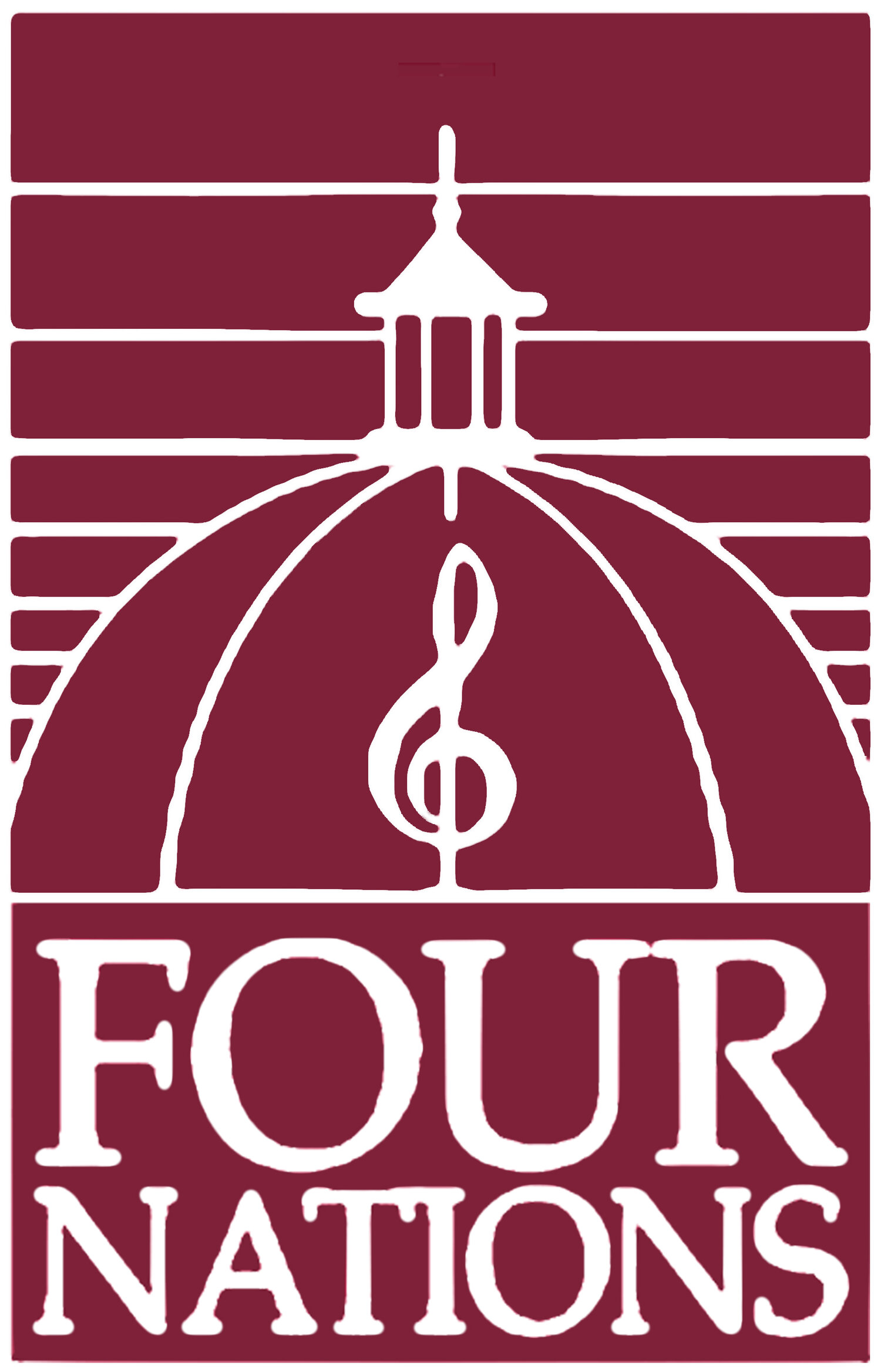
Education
“It was like the sun coming up and the sun going down”
—Sixth-Grade Student
This was the response of a 6th grader listening to Telemann’s exquisite modere from the Paris Quartet in E minor. Each one of us in the Ensemble sighed with joy in hearing his interpretation of the work and we knew that we had reached his inner spirit, his creative imagination, and his ability to make the music we played his own music.
In all of Four Nations’ programs and with decades in arts education, our goal has been to allow music to work as a catalyst for creative thinking, for nourishment through listening. The musicians cherish this music and our aim is to share the wealth of experience we have enjoyed with young people from every corner of our country, from New York, New York, to Amarillo, Texas, to Crested Butte, Colorado.
Programs developed with the imaginative input of teachers
These are a few methods Four Nations uses to connect with our young audiences and cross over the boundaries of styles and times to allow us to see the universal themes of great art. Is there work more important than this? There is no other work more gratifying.
Sixth grade: They are studying business skills. We “hire” them as our marketing agency for a concert at Merkin Concert Hall in New York. They are not pressured to love the music but only to explore it and develop an ad campaign and marketing materials to sell tickets. They wrote copy and design printed materials. Finally they run a concert hall with back stage and box office services.
Fourth and Fifth grade: The students listen over and over to a slow introduction of a Beethoven cello sonata. Using their developing skills, they write a play (melodrama) using the music as inspiration for action and dialogue. A performance of the carefully written play is accompanied quietly by the sonata as a final event. They call upon their own modern and sometimes difficult urban experience to enter into the world of the Classical sonata and make it their own.
Fifth and Sixth grade: We introduce six instruments (voice, viola, flute, clarinet, harp, cello) and explore the expressive possibilities of each instrument in order to set student poems to music. They work with a composer and the instruments they select to orchestrate their poems. There is a final performance with their original songs and the folk song settings of Luciano Berio.
Third grade: A Venetian festival turns the school hallway floor into a canal with gondolas and palaces painted on the walls. The students lay on the floor looking up at paper taped to the bottom of their desks painting ceilings like Tiepolo in action. They hear live performances and get to know Vivaldi’s energetic and picturesque Four Seasons, music that glows with the magic of Venice.
Sixth Grade: Students explore the Baroque in art, music, mathematics, and history with visit the Metropolitan Museum of Art in New York for the first time. They locate and explain why a painting is either Baroque or not. Discussions or arguments about their assessments take place in front of paintings of Tiepolo and Rubens.
Eighth grade: The students take two translated poems of Goethe and set them to hip-hop or rap. Then listen to the same poems set by Schubert. A performance in which they perform their original settings and the canonic Schubert songs are performed by Four Nations.
“You were the teacher who introduced my son to Venice in the third grade. He has never stopped asking to go to Venice”
— Father, Chatham, NY
Contact us.
We’d love to hear from you! Contact us for more information.
info@fournations.org
(518) 325-3253
PO Box 1112
Hudson, NY 12534
